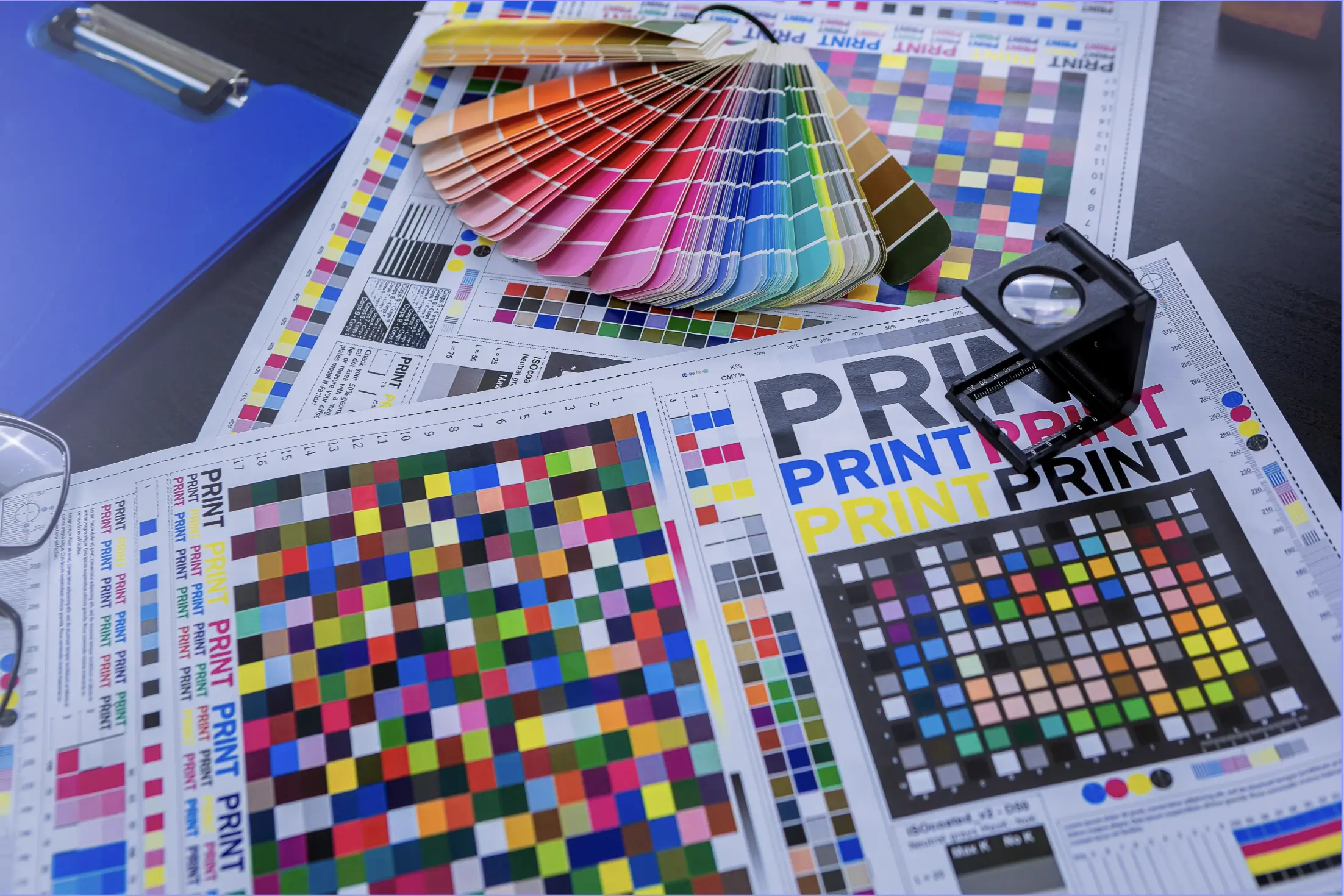How to Save Money on Printing Without Losing Quality

Writing a detailed, SEO-friendly blog article on this topic involves several key components to ensure the content is informative, engaging, and optimized for search engines. Here’s a structured approach to creating such an article:
Introduction
- Briefly introduce the importance of printing in both personal and professional contexts.
- Highlight the common challenge of balancing cost and quality in printing.
Understanding Printing Costs
- Explain the main factors that contribute to printing expenses, such as ink or toner, paper quality, printer maintenance, and energy consumption.
- Discuss how these costs can add up over time.
Tips to Save Money on Printing
- Use high-yield ink cartridges or compatible third-party cartridges.
- Opt for draft or economy print modes when high quality is not essential.
- Print double-sided to reduce paper usage.
- Choose the right paper type that balances cost and quality.
- Regularly maintain your printer to avoid costly repairs.
- Consider using print preview to avoid unnecessary prints.
Maintaining Print Quality
- Explain how to select the right printer settings for different types of documents.
- Discuss the importance of using quality ink and paper.
- Provide tips on printer calibration and cleaning.
Using Tables and Lists
- Incorporate tables to compare costs of different ink cartridges or paper types.
- Use bullet points or numbered lists to clearly present tips and steps.
Frequently Asked Questions (FAQ)
- Address common questions such as:
- How can I reduce ink usage without affecting print quality?
- Are third-party ink cartridges reliable?
- What is the best paper type for professional documents?
Conclusion
- Summarize the key points.
- Encourage readers to implement cost-saving measures while maintaining print quality.
By structuring the article with these sections and using markdown elements like tables, lists, and FAQs, the blog post will be both user-friendly and optimized for SEO, helping it rank well and provide valuable information to readers.
